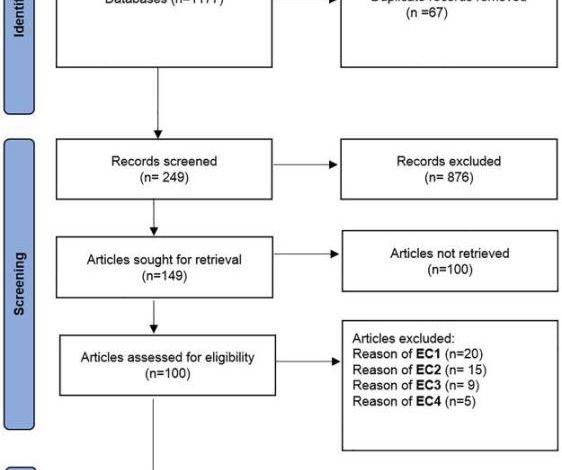Exploring the Role of Cryptocurrency in Healthcare

Exploring the Role of Cryptocurrency in Healthcare
Introduction
In recent years, cryptocurrencies have gained significant popularity across various industries. One sector that is beginning to explore the potential of cryptocurrencies is healthcare. This article will dive into the role of cryptocurrency in revolutionizing the healthcare industry and its implications for patients, providers, and the overall healthcare system.
The Benefits of Cryptocurrency in Healthcare
1. Enhanced Security and Privacy
Cryptocurrencies utilize blockchain technology, which offers high-level security and privacy to the users. With patient data becoming increasingly susceptible to cyberattacks, integrating cryptocurrency transactions into healthcare systems can provide an added layer of protection. Additionally, blockchain technology ensures transparency, making it difficult to alter or tamper with medical records.
2. Streamlined Medical Billing and Payments
Traditional medical billing processes can be arduous and time-consuming. Cryptocurrency offers a quicker and more efficient alternative by eliminating intermediaries and reducing transaction costs. Blockchain-based smart contracts can automate billing and payment processes, ensuring accuracy and reducing administrative burdens.
3. Improved Access to Healthcare Services
Cryptocurrency can enable cross-border healthcare payments easily and securely. With the ability to bypass complicated financial systems, patients can access healthcare services globally without the need for traditional currencies or conversion fees. This opens up possibilities for patients to seek specialized treatments or consultations from providers worldwide.
Frequently Asked Questions (FAQs)
Q1: Is cryptocurrency legally recognized in the healthcare industry?
A1: While cryptocurrency regulations are still being developed, some countries have started recognizing the use of cryptocurrencies in healthcare. It’s essential for organizations to comply with regulatory requirements and ensure the proper use of cryptocurrencies.
Q2: Can cryptocurrency be used for insurance claims?
A2: Yes, cryptocurrency can facilitate faster and more efficient insurance claims processing. By utilizing blockchain technology, insurers can verify claims transparently and speed up the process, reducing fraud and enhancing the overall customer experience.
Q3: Are there any risks involved in using cryptocurrency in healthcare?
A3: Like any emerging technology, there are potential risks to consider. The volatility of cryptocurrency prices and potential security vulnerabilities in blockchain technology are areas that need to be addressed. However, with proper security measures and regulatory frameworks, these risks can be mitigated.
Conclusion
The role of cryptocurrency in healthcare holds immense potential for transforming the industry. From enhancing security and privacy to streamlining billing processes and improving access to healthcare services, cryptocurrencies offer numerous benefits. As the technology continues to evolve and regulations develop, it will be fascinating to see how cryptocurrency shapes the future of healthcare.
By embracing the advantages of cryptocurrency while addressing its associated risks, the healthcare industry can pave the way for a more efficient and patient-centric approach to healthcare delivery. So buckle up and get ready for an exciting journey as cryptocurrency continues to make its mark on the healthcare landscape.



